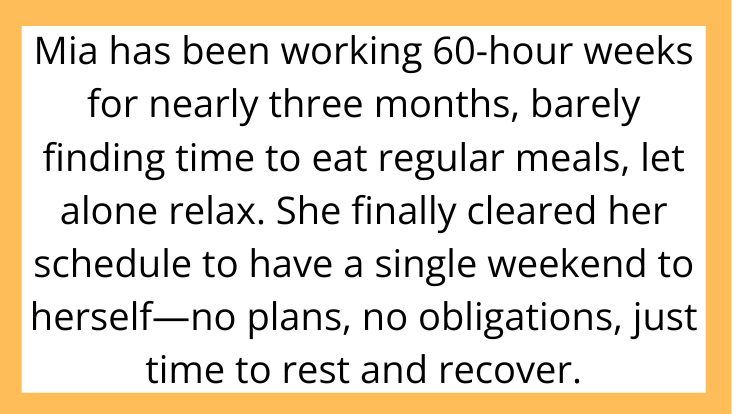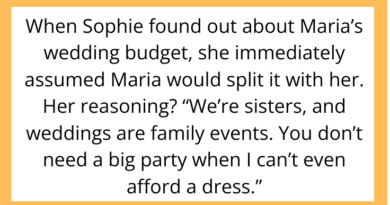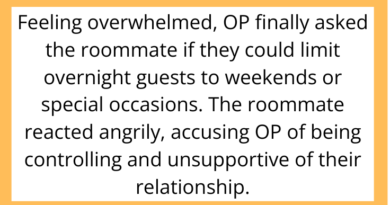AITAH for Refusing to Help My Best Friend Move Because I Needed a Weekend to Rest?
When it comes to friendship, most of us are willing to pitch in, lend a hand, or sacrifice a little comfort to be there for someone we care about. But what happens when the line between helping and overextending yourself gets blurry? Today’s AITAH scenario dives into exactly that: whether prioritizing your own well-being makes you selfish—or simply human.
The Situation: Burnout Meets Expectations

The original poster (let’s call her Mia), a 31-year-old project manager, shared her dilemma on Reddit’s r/AITAH community.
Mia has been working 60-hour weeks for nearly three months, barely finding time to eat regular meals, let alone relax. She finally cleared her schedule to have a single weekend to herself—no plans, no obligations, just time to rest and recover.
Then, her best friend Carla called. Carla was moving apartments across town and needed help packing boxes and hauling furniture. She didn’t have much help lined up and said she was counting on Mia to be there.
Mia explained she was completely exhausted and needed the weekend to rest or she’d risk burning out even more. Carla was upset and said Mia was being selfish and unreliable, accusing her of “never showing up when it matters.”
Feeling torn between her health and her friendship, Mia turned to the internet to ask: AITAH for saying no?
The Arguments: Self-Care vs. Loyalty

Why Some Think Mia Is in the Wrong
A few commenters pointed out that moving is a huge, stressful undertaking, and it’s reasonable to ask your best friend for help. Carla might have felt abandoned because she was depending on Mia for emotional and practical support.
Some argued that true friends show up even when it’s inconvenient.
As one comment read:
“Sometimes friendship means you put your plans aside when your person really needs you.”
Why Most Think Mia Is Not the Villain
However, the overwhelming majority sided with Mia.
Their reasons included:
-
Boundaries Are Important: Mia was on the brink of exhaustion and clearly communicated her needs.
-
She Didn’t Commit: Carla never confirmed plans ahead of time—she only assumed Mia would be available.
-
Help Is Not an Obligation: While it’s kind to help friends move, it’s not a requirement, especially at the expense of your health.
One popular comment summed it up perfectly:
“Helping friends should come from a place of generosity, not guilt.”
The Bigger Lesson: Why Guilt Isn’t the Price of Friendship
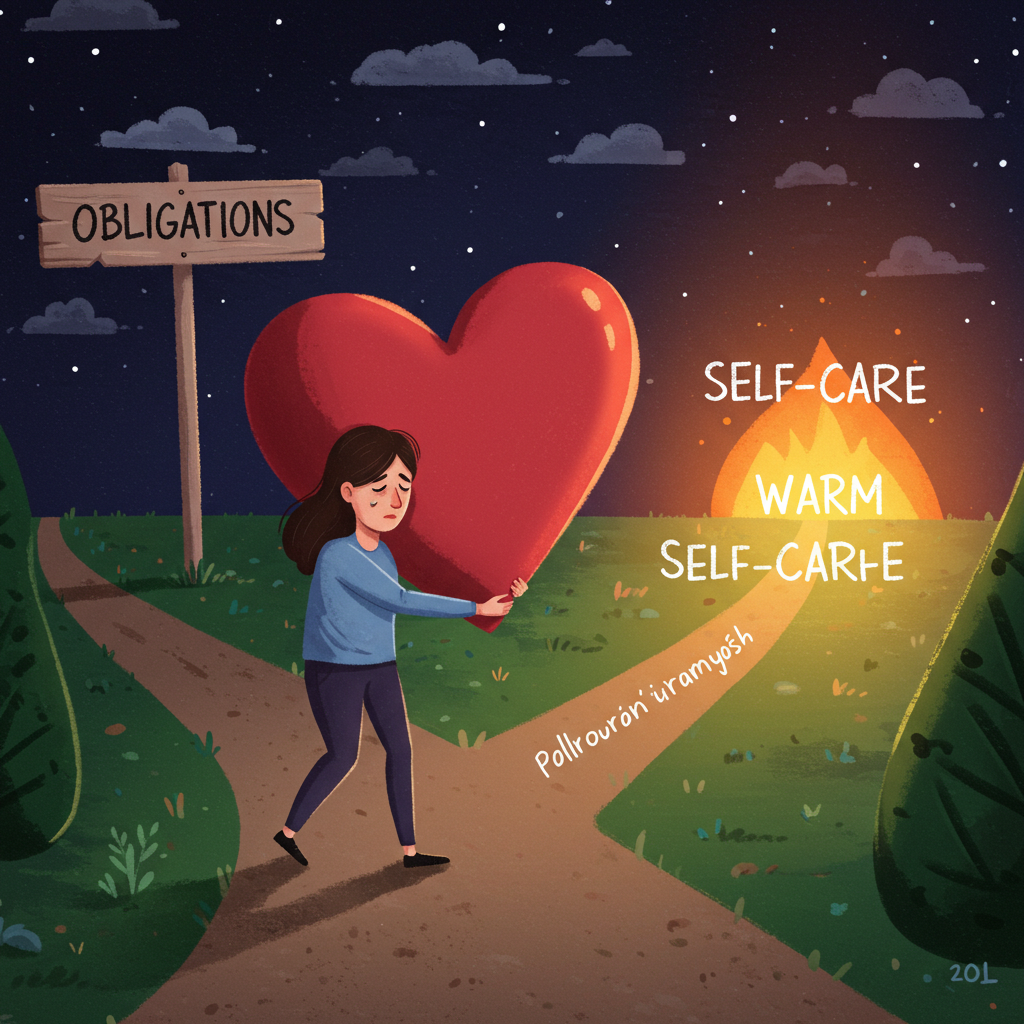
This situation highlights a common theme in adult relationships: the unspoken expectation that friends should drop everything when needed.
But here’s the reality: being a good friend doesn’t mean sacrificing your own well-being every time someone asks. If you never refill your own cup, you can’t pour into anyone else’s.
Setting Boundaries Without Losing Connection

If you find yourself in a similar spot, here are a few ways to handle it:
-
Be Honest Early: Communicate your limits as soon as possible so no one is blindsided.
-
Offer Alternatives: Mia could have offered to help in a smaller way—like ordering food for Carla or helping pack on a less demanding day.
-
Stand Firm: Just because someone is upset doesn’t mean your boundary is wrong.
Friendship thrives on mutual respect and understanding, not constant sacrifice.
The Takeaway: Saying No Doesn’t Make You Selfish
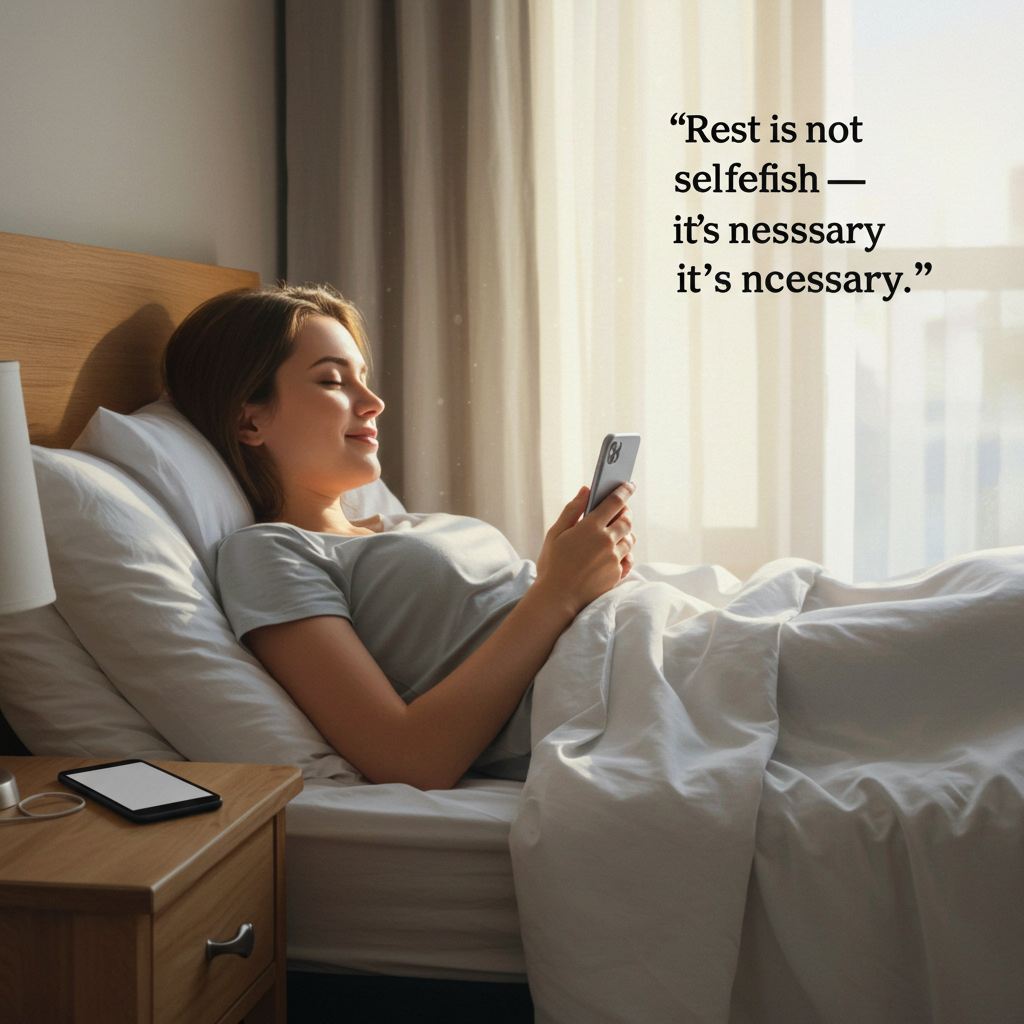
Mia’s story resonates with so many people because it reflects a universal struggle: how to care for others without neglecting yourself.
You are allowed to say no. You are allowed to rest. And you are allowed to prioritize your health—even if someone else feels disappointed.
That doesn’t make you the villain. It makes you human.
